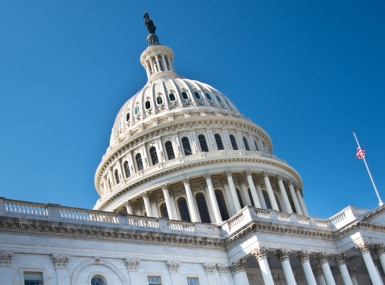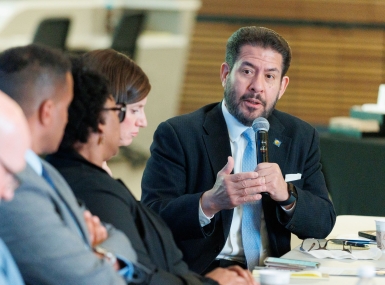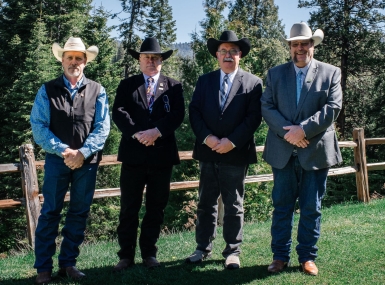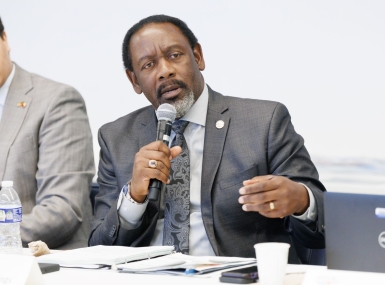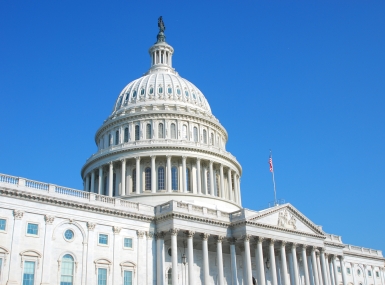WIOA 101: Counties and the Workforce Innovation and Opportunity Act

Author

Michael Matthews
Upcoming Events
Related News
Action Needed
Urge your members of Congress to support at least level or increased funding for Title I programs under the U.S. Department of Labor (DOL) Workforce Innovation and Opportunity Act (WIOA) as Congress begins to consider funding for FY 2024. Funded through the Labor, Health and Human Services (Labor-HHS) appropriations bill, WIOA programs provide essential financial and other resources to support a demand-driven workforce development system.
Background
Enacted with bipartisan support in 2014, WIOA authorizes federal employment, workforce and training programs and formula funding to states and local governments. WIOA provides the needed framework for a modernized, demand-driven workforce development system to meet business and jobseekers’ needs.
Administered at the federal level under the DOL Employment and Training Administration (ETA), WIOA is the largest single source of federal funding for workforce development activities. WIOA is a vital funding source for workforce development that helps counties tackle and overcome challenges facing job seekers and employers. The program is more important than ever as local communities continue to respond to and recover economically from the COVID-19 pandemic.
In 2014, Congress included several measures in WIOA to help better match businesses with the skilled workers they need to grow, including:
- Maintaining local governance authority while providing enhanced flexibility to meet the needs of businesses and job seekers
- Maintaining a business-led majority on the Workforce Development Boards (WDBs) while reducing the number of required members
- Establishing a single set of common performance metrics across all core programs and adding a measure on the effectiveness of serving businesses
- Eliminating the sequence of services requirement and integrating best practices such as industry partnerships and career pathways
- Focusing youth services on out-of-school and disconnected youth between the ages of 16-24
In addition, WIOA also establishes the one-stop center delivery system, which provides convenient access to job search assistance, workforce training and career services through various locations across the country. WIOA recognizes the importance of local elected officials’ role in the governance of workforce development activities and the critical role local elected officials and local WDBs play in workforce and economic development in local communities. it also provides enhanced flexibility to address local workforce challenges. WIOA Title I focuses on workforce development activities at the state and local level and establishes funding for three key formula grants – Adult, Dislocated Workers and Youth Programs. While workforce development funding has declined since 2001, there was a $1.2 billion increase in FY 2023 over FY 2022 levels. Of the $4.1 billion allocated to WIOA Title I Programs in FY 2023, $885.7 million was included for Adults, $948.1 million was included for Youth and $1.096 billion was provided for Dislocated Workers.

